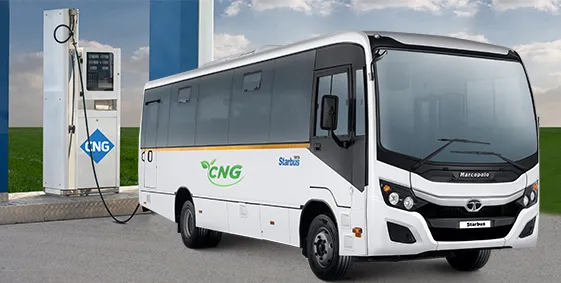Business
Nigeria to Slash Petrol Imports by $4.4bn with CNG Initiative

Nigeria is set to significantly reduce its annual importation of Premium Motor Spirit (PMS), commonly known as petrol, by approximately $4.4 billion through the adoption of Compressed Natural Gas (CNG), the Federal Government announced on Tuesday.
The Presidential Compressed Natural Gas Initiative (PCNGI) revealed the government’s plan to convert one million diesel and petrol-powered vehicles to CNG, a move that promises substantial savings on petrol imports, according to Zayyan Tambari, Coordinator of Regulations, Compliance, and Facilitation at PCNGI.
Speaking at the Co-Creation Session on Nigeria Gas Vehicle Monitoring System in Abuja, Tambari highlighted that the initiative aims to replace 20 percent of the 50 million litres of petrol consumed daily with CNG. This follows recent reports of the Federal Government’s rollout of CNG-powered buses and tricycles, starting in Ilorin, Kwara State.
Bayo Onanuga, Special Adviser to the President on Information and Strategy, explained that the deployment includes refueling and conversion centres, with the initial rollout of CNG vehicles beginning in Ilorin.
At the Abuja session, PCNGI announced that approximately $890 million in investment is needed to develop the necessary infrastructure for this alternative fuel. Ekperikpe Ekpo, Minister of State for Petroleum Resources (Gas), represented by Abel Nsa, emphasized the government’s commitment to maximizing the benefits of Nigeria’s gas resources and addressing safety issues related to CNG use.
Ogbugo Ukoha, Executive Director of Distribution System, Storage, and Retailing Infrastructure at the Nigerian Midstream and Downstream Petroleum Regulatory Authority (NMDPRA), stated that new filling stations would be required to offer CNG dispensing points to obtain licenses. He also mentioned ongoing stakeholder engagements to mandate the conversion to CNG for fuel trucks and fleet owners due to the high cost of diesel.
Michael Oluwagbemi, Project Director/Chief Executive of PCNGI, noted that gas is a cheaper, cleaner, and more sustainable alternative for the economy, with Nigeria having abundant gas resources. He stressed the importance of a smooth transition and strong regulatory compliance throughout the conversion process.
Oluwagbemi also announced the nationwide CNG conversion programme for mass transit buses, starting in Lagos, Kwara, the Federal Capital Territory, and Rivers states, in partnership with major transport unions. The rollout will commence in eight designated conversion workshop sites and expand to 15 states over the next 45 days.

